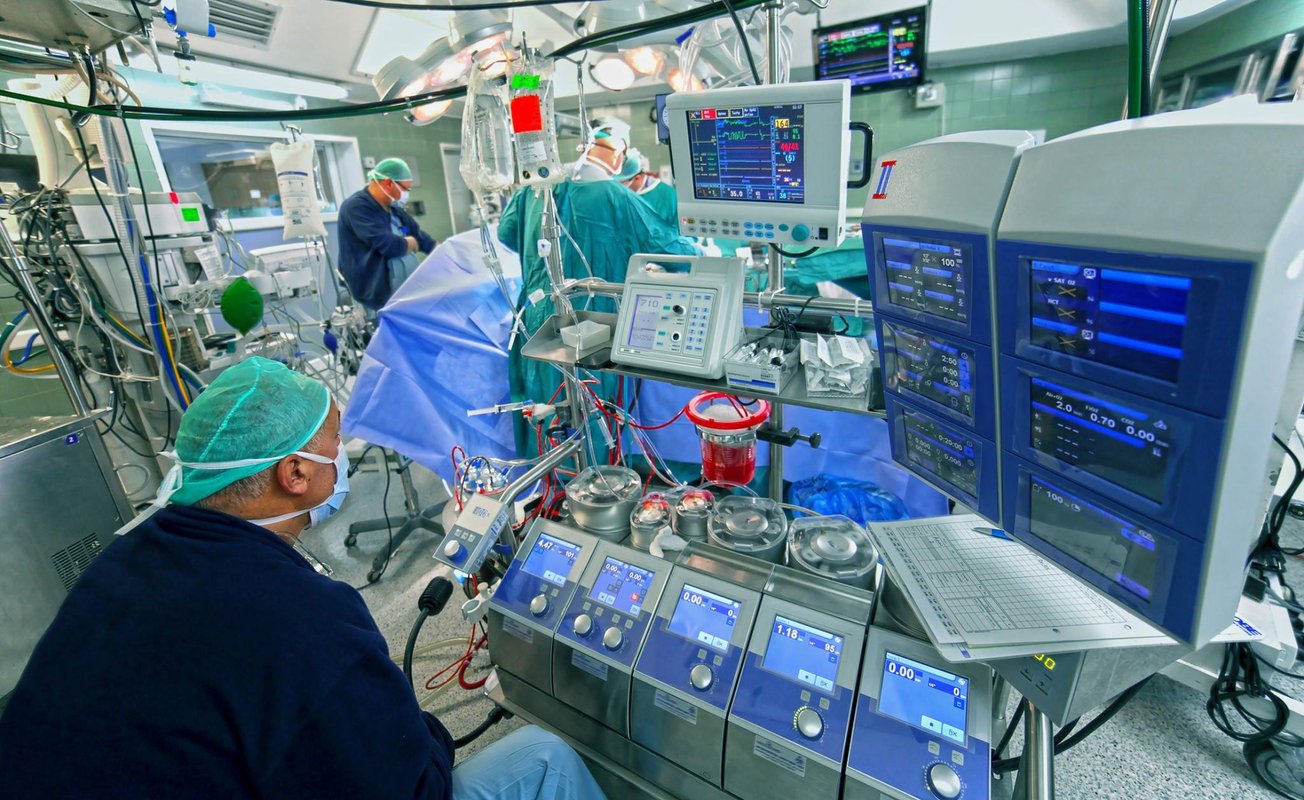
$191 to start
$2,200 total

Financial aid (may be available)

$239 to start
$4,000 total

Financial aid (may be available)
$309 total
$276 total
$285 total
$296 total
No cost info
No cost info
$607 total
No cost info
$1,599 total
No cost info
Are you in Syracuse and interested in pursuing a career in healthcare? One of the most critical certifications you need to have under your belt is Advanced Cardiac Life Support (ACLS). This blog post will guide you on what ACLS entails, its importance, requirements, what to expect from classes, certification, and how to find related jobs in Syracuse.

ACLS is a set of clinical interventions for the urgent treatment of cardiac arrest, stroke, and other life-threatening medical emergencies. It's an extension of Basic Life Support (BLS), delving more into cardiology, and it's an essential skill for healthcare providers involved in the management of such conditions.
ACLS training equips healthcare practitioners with the necessary skills to increase survival rates in patients undergoing cardiac arrest. The training is also essential in managing other cardiopulmonary emergencies.
Before starting your ACLS training, there are certain prerequisites to meet:
Basic Life Support (BLS) Certification: This is a requirement because ACLS builds on the fundamental skills learned in BLS.
Healthcare Practitioner: The training is designed for healthcare professionals like doctors, nurses, and paramedics who might need to respond to cardiovascular emergencies.
When choosing an ACLS course, make sure it is accredited by a recognized body. It is important to note that the course structure may vary depending on the institution offering the training.
Choosing the right ACLS class is crucial to your career growth. Here are some factors to consider:
Accreditation: Ensure the course is accredited by a recognized body.
Course Structure: The course should have a balanced mix of theory and practical sessions.
Trainers' Qualification: The trainers should be qualified healthcare professionals with experience in emergency care.
Flexibility: If you have other commitments, look for a class offering flexible schedules.
Remember, the key is to find a class that best suits your needs and career aspirations.
ACLS classes are intensive, combining theoretical sessions and practical simulations. Here's a snapshot of what to expect:
Theoretical Sessions: You'll learn about cardiac rhythms, pharmacology, and how to manage cardiac emergencies.
Practical Sessions: These involve role-playing real-life emergency scenarios to develop your problem-solving and critical thinking skills.
Assessments: Regular assessments are conducted to gauge your understanding and competency.
The ACLS certification process involves two main parts: completing the course and passing the examination. On successful completion of the course and passing the exam, you'll receive your ACLS certification. This certification is typically valid for two years, after which you'll need to take a refresher course or recertification.
Once you have your ACLS certification, you can apply for jobs in various healthcare settings. Hospitals, ambulances, and emergency care units are some of the places where your ACLS skills will be in high demand. Besides, you can leverage job search platforms and networking with other healthcare professionals.
After attaining your ACLS certification, you can further your skills with additional courses:
Pediatric Advanced Life Support (PALS): PALS equips healthcare providers with skills to respond and manage emergencies in infants and children.
Critical Care Paramedic (CCP): CCP training equips paramedics with the skills to provide comprehensive care to critically ill patients.
Emergency Medical Technician (EMT): EMT training offers a foundational understanding of emergency care.
After completing your ACLS training, you can diversify your skills further by training in related fields. For instance, you can consider becoming a Certified Medication Aide or a Psychiatric Technician. These additional skills will increase your competency and make you more marketable in the healthcare industry.
Networking can play a crucial role in your career growth. Joining local and national professional associations can offer valuable networking opportunities, and could potentially open up job opportunities.
Technology plays a significant role in ACLS training. Through virtual reality and simulation software, trainees can practice emergency response in a controlled environment. This technology-enhanced training can improve your skills and prepare you for real-life situations.
To keep your ACLS certification valid, you need to undergo re-certification every two years. This is typically a shorter course that refreshes your knowledge and updates you on any new guidelines.
ACLS training is an essential step for any healthcare professional planning to work in emergency care. It not only equips you with the skills to save lives but also improves your employability in the healthcare sector. Whether you are beginning your journey in healthcare or looking to enhance your skills, ACLS training is a valuable addition to your CV. Remember, the key is to find a course that suits your needs and career aspirations. Happy learning!
Dreambound has a bunch of guides about starting in this field, with specific ones for different cities. If you're not in this city or are thinking about moving, check out some other guides below:
Exploring different career paths? Dreambound offers in-depth guides to assist you in making well-informed decisions. Explore some of these resources below:
Dreambound's platform allows prospective students to find the right educational program for them through searching, filtering, and connecting with our extensive selection of career & technical education partners.
Dreambound has over 70 programs across healthcare, technology, business, and industrial trades. This includes programs such as Medical Billing, Cybersecurity, and welding.
Some of our schools offer financial aid for those who qualify. Many others offer payment plans, where you can pay the cost of class over time.
Yes, Dreambound offers many online programs. On Dreambound's search, you can filter by online, in-person, and hybrid (part online, part in-person).
Dreambound is completely free for you to use! We are supported by schools and organizations who pay to advertise on our website, so we can offer all of our career resources for free.